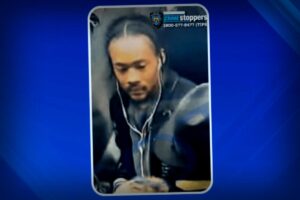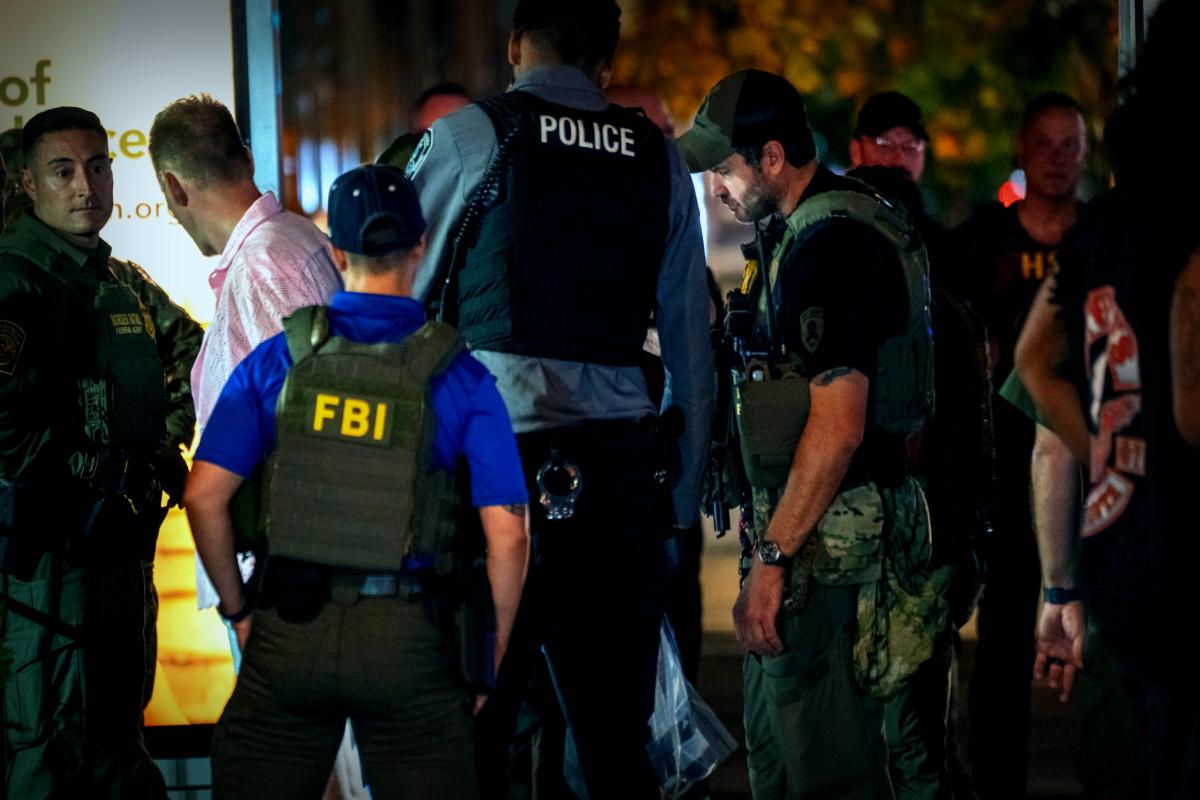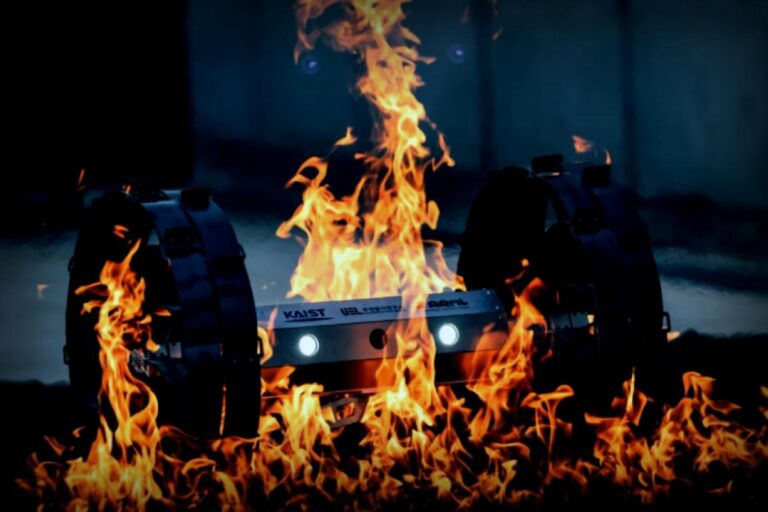On Monday, President Donald Trump announced his intention to utilize his substantial law enforcement authority over Washington, D.C., with the goal of addressing homelessness and escalating crime. Sources indicate that he might activate the National Guard to assist in these efforts.
In a White House press conference scheduled for 10 a.m., Trump is expected to unveil more details about his federal plans. This decision aligns with recent measures where federal agents, including the FBI, were dispatched to support local authorities in tackling violent crimes and carjackings.
While Trump asserts that crime is rampant in the nation’s capital, D.C. Mayor Muriel Bowser has pushed back against this claim, indicating a decline in violent crime over the past two years following a brief surge in 2023.
Drawing parallels to his administration’s stringent immigration policy at the U.S.-Mexico border, Trump stated his ambition to swiftly remove homeless individuals from the city and crack down on criminal activity. His statement on social media emphasized his determination: “Get ready! There will be no ‘MR. NICE GUY.’ We want our Capital BACK!”
Trump has frequently voiced concerns about crime rates and homelessness in D.C. Recently, an incident involving a former D.C. staff member being assaulted during a carjacking seems to have motivated his heightened sense of urgency. Following the incident, local police apprehended two teenagers for their alleged involvement.
Last week, Trump shared a graphic image of the assault victim, highlighting the imperative for action: “If D.C. doesn’t get its act together quickly, we may have no choice but to take Federal control of the City.”
The D.C. attorney general usually pursues most juvenile offenses, while adult cases are under the jurisdiction of the U.S. attorney, who can also prosecute older juveniles as adults for severe crimes.
U.S. Attorney Jeanine Ferris Pirro, appointed by Trump, is advocating for a reduction in the age threshold for trying juveniles as adults to 14. Furthermore, city officials argue that crime in Washington is presently on a downward trajectory compared to the previous year.
According to D.C. police data, violent crime has decreased by 26% compared to the same time last year, with homicides down by 12%. With around 900 juvenile arrests made this year, there is a notable drop of nearly 20% from last year’s figures, with violent crimes and carjackings accounting for several of those cases.
Local leaders admit that the city’s unique status grants the federal government considerable leverage over its governance, something that remains contentious among its residents. Bowser remarked on MSNBC about Trump’s potential show of force, although she maintains it is unfounded by a recent crime surge.
A federal takeover of D.C.’s law enforcement structure would represent a significant intrusion into local autonomy. In addition to the FBI’s involvement, official sources indicate special units from the Secret Service will also conduct patrol operations throughout Washington.
However, local D.C. police have not been consulted regarding the deployment of federal resources, adding an element of concern regarding operational efficacy.
If the National Guard is indeed summoned, it would represent another instance of an increasingly aggressive strategy by the president, which has historically stoked debates about federal overreach and military usage in domestic affairs.
Earlier this year, Trump indirectly challenged California’s Governor Gavin Newsom’s authority by sending troops to Los Angeles prior to a pending court battle, citing local demands for the National Guard as excessive.
Trump’s prior administration also faced scrutiny for its handling of protests during the 2020 racial justice movement, where federal forces were deployed amidst peaceful demonstrations.
In contrast to states, D.C. doesn’t control its own National Guard, providing the president with broadChoices for military involvement. Following up, Bowser’s office has stated they were left in the dark regarding potential National Guard assignments.
Recently, the FBI has begun stationing around 120 agents for overnight duty, aimed at supporting local law enforcement in combatting rising criminal risks, despite concerns over their preparedness for such duties.
Trump’s directive has also reinforced the presence of federal law enforcement agents on D.C.’s streets. This expansive resource allocation reflects a considerable escalation in federal involvement within the district’s law enforcement strategy.
This report includes contributions from Olivia George, Ellen Nakashima, Dan Lamothe, Natalie Allison, Jenny Gathright, Emily Davies, and Paul Kiefer.





















